Pastoral Care of the Sick
NLC ARTICLES
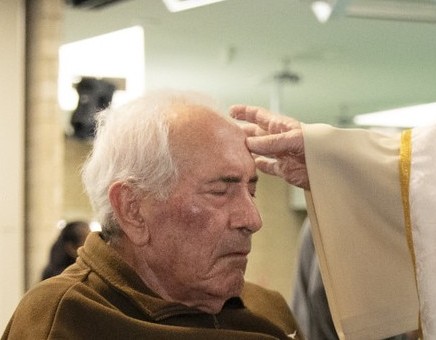
This article explains the Church's provision of sacraments and prayers for the sick and dying, emphasising communal celebrations and appropriate eligibility for the Anointing of the Sick.
DIOCESAN RESOURCES
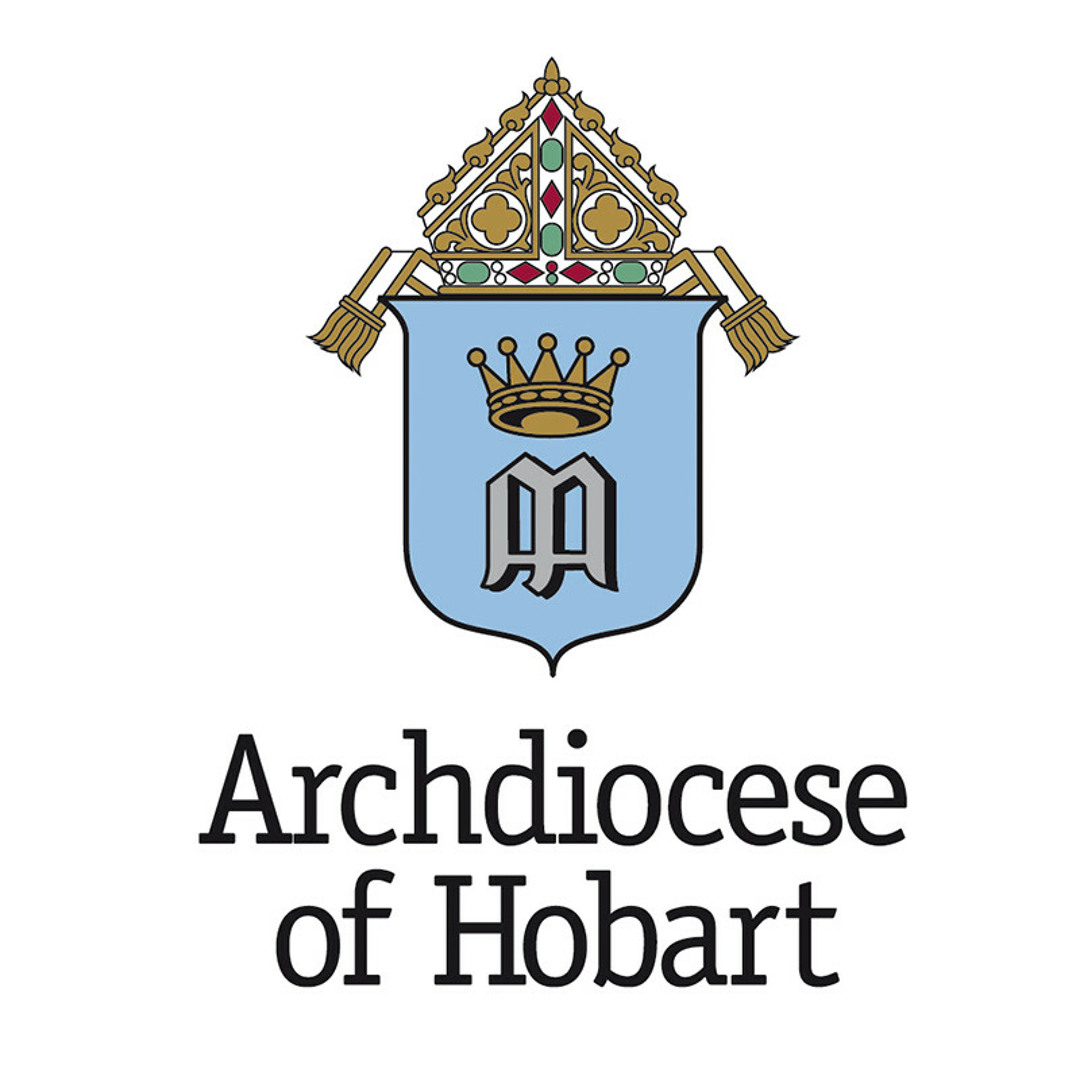
Hobart
This downloadable PDF briefly describes how the the Christian community approaches suffering and ministry to the sick. Anointing of the Sick and acts of kindness are included. Some frequently asked questions about anointing and viaticum are included.

Perth
This downloadable PDF outlines a simple rite for Communion of the sick.
This downloadable leaflet can be printed out for use when ministering to the Sick.

Toowoomba
These downloadable guidelines are a summary of the principles outlined in the rites and introduction to the book Pastoral Care of the Sick: Rites of Anointing and Viaticum. The guidelines draw attention to the true purpose and nature of the ministry. It is recommended that parishes distribute these to all extra-ordinary ministers of communion who visit and take communion to the sick.
OTHER RESOURCES
Journal Articles
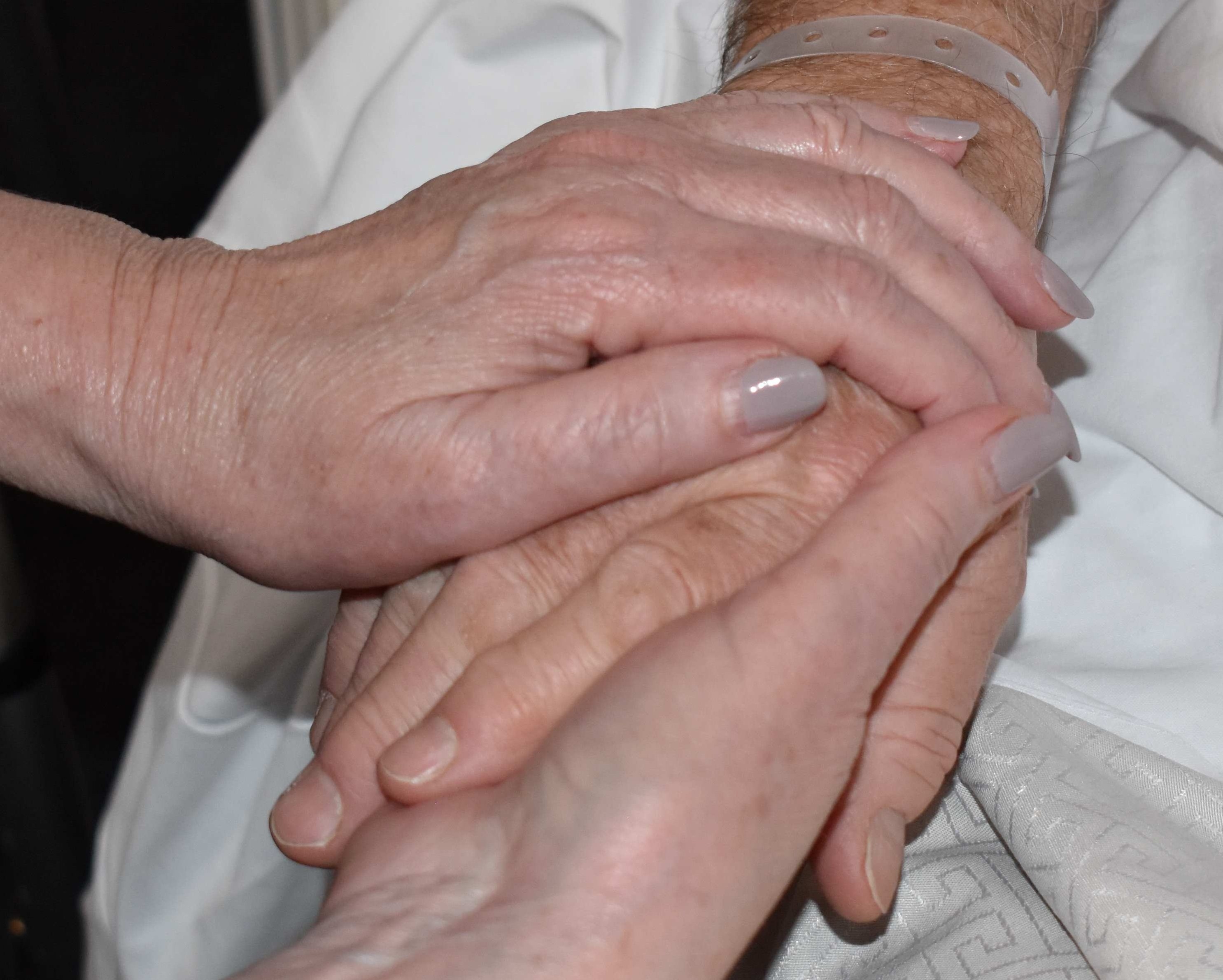
Although it is made clear that the Church rejects the notion of euthanasia and assisted suicide, a compassionate and pastoral responce is still given to promote healing, guiding, nurturing and reconciling. The Church is called to accompany those considering Voluntary Assisted Dying with dialogue and compassionate prayerful support of the person and their family and friends.
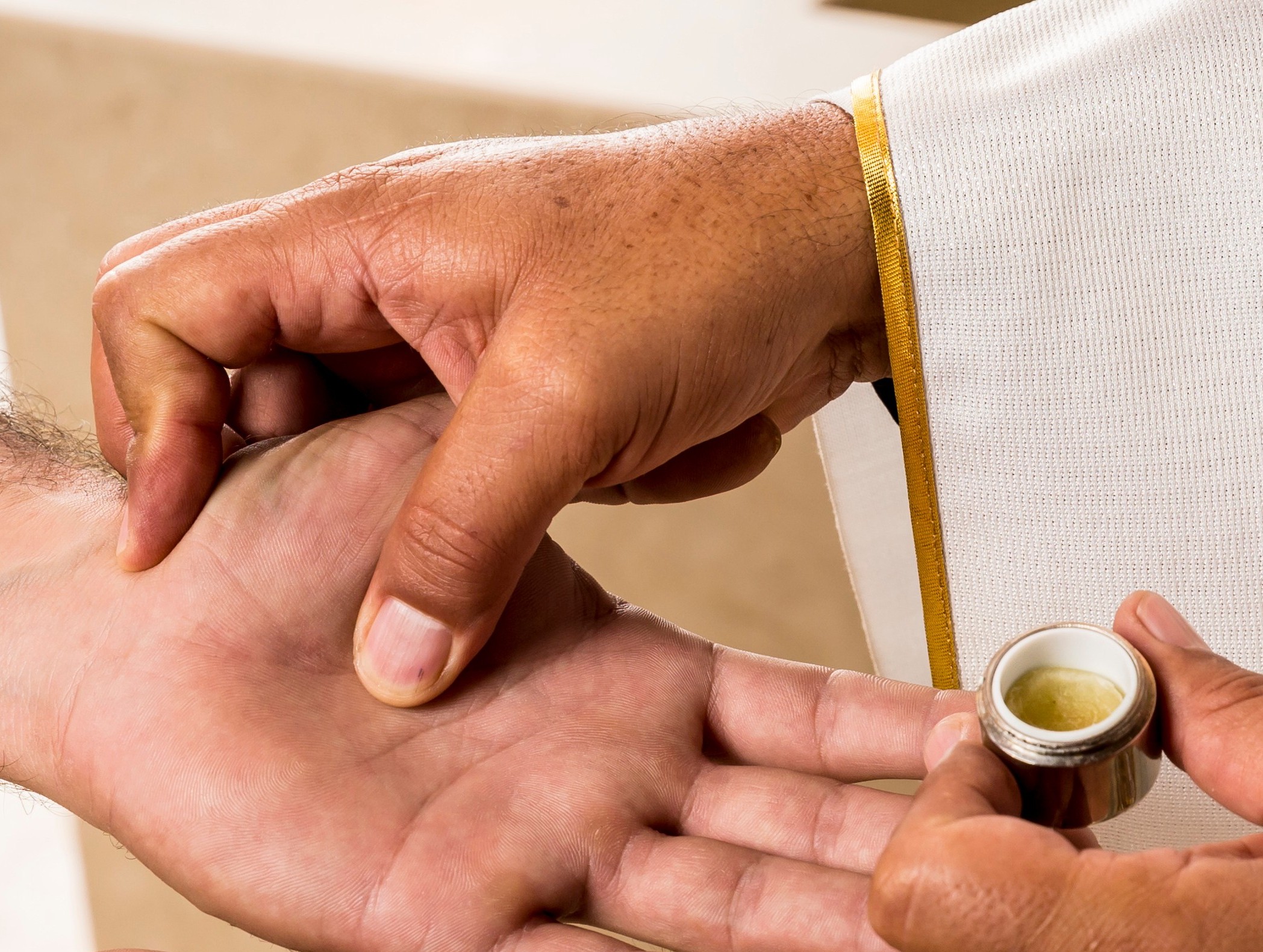
The sacrament of anointing is the whole community’s ministry to the sick, as we are called to embody and celebrate the healing compassion of God, and strengthen the faith and hope of the sick, bringing comfort and love. The sick themsleves are invited and enabled to unite themselves more closely to Christ in his suffering, and are now called and graced to follow Christ in their own sufferings.
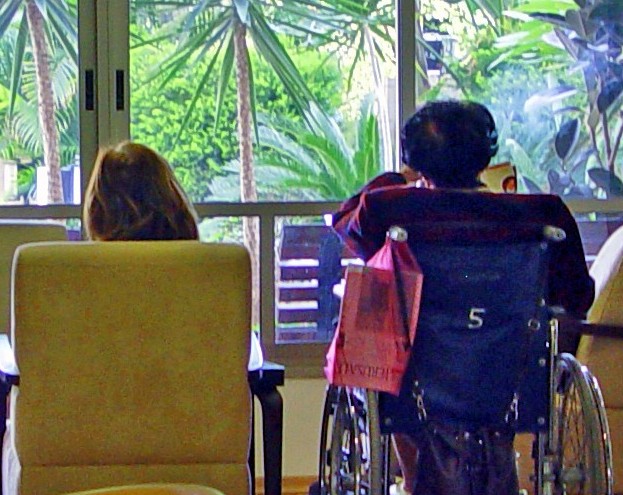
In many Catholic nursing homes, liturgy is organised and led by religious residents; however, this situation is changing rapidly as the numbers of those currently volunteering are declining as they themselves age. As such, there are two specific areas for improvement to provide liturgy to aged care homes which are formation for all those involved and resources to provide appropriate liturgical rites for use in pastoral care.

It is often up to the pastoral carer to be the one to approach the sick person, form a relationship with them,and invite them to engage in prayer and sacrament. The task of the pastoral carer is to uncover and lift the burdens of the sick, to free them from possible fear, hurt, guilt, or shame.
Bulletin Articles
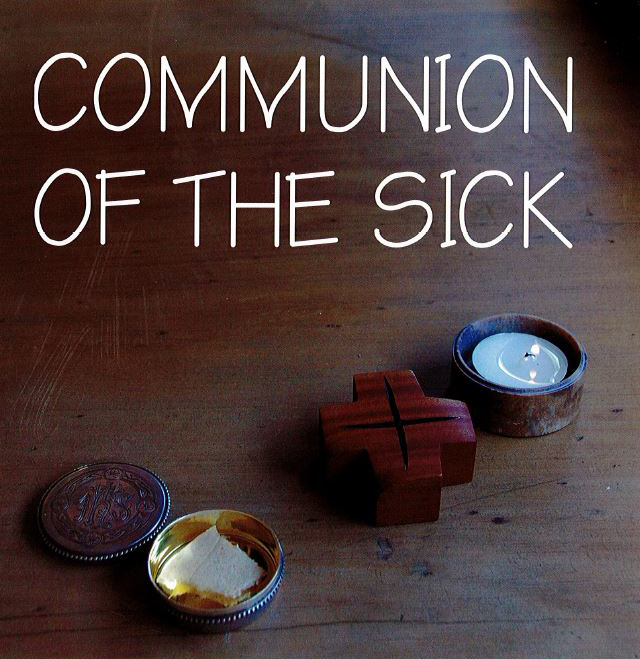
This piece reflects on the Christian community's responsibility to care for the sick, highlighting the significance of sacraments and mutual support during illness.

This article offers guidance on the importance of visiting the sick, providing comfort through presence, prayer, and the sharing of Scripture.
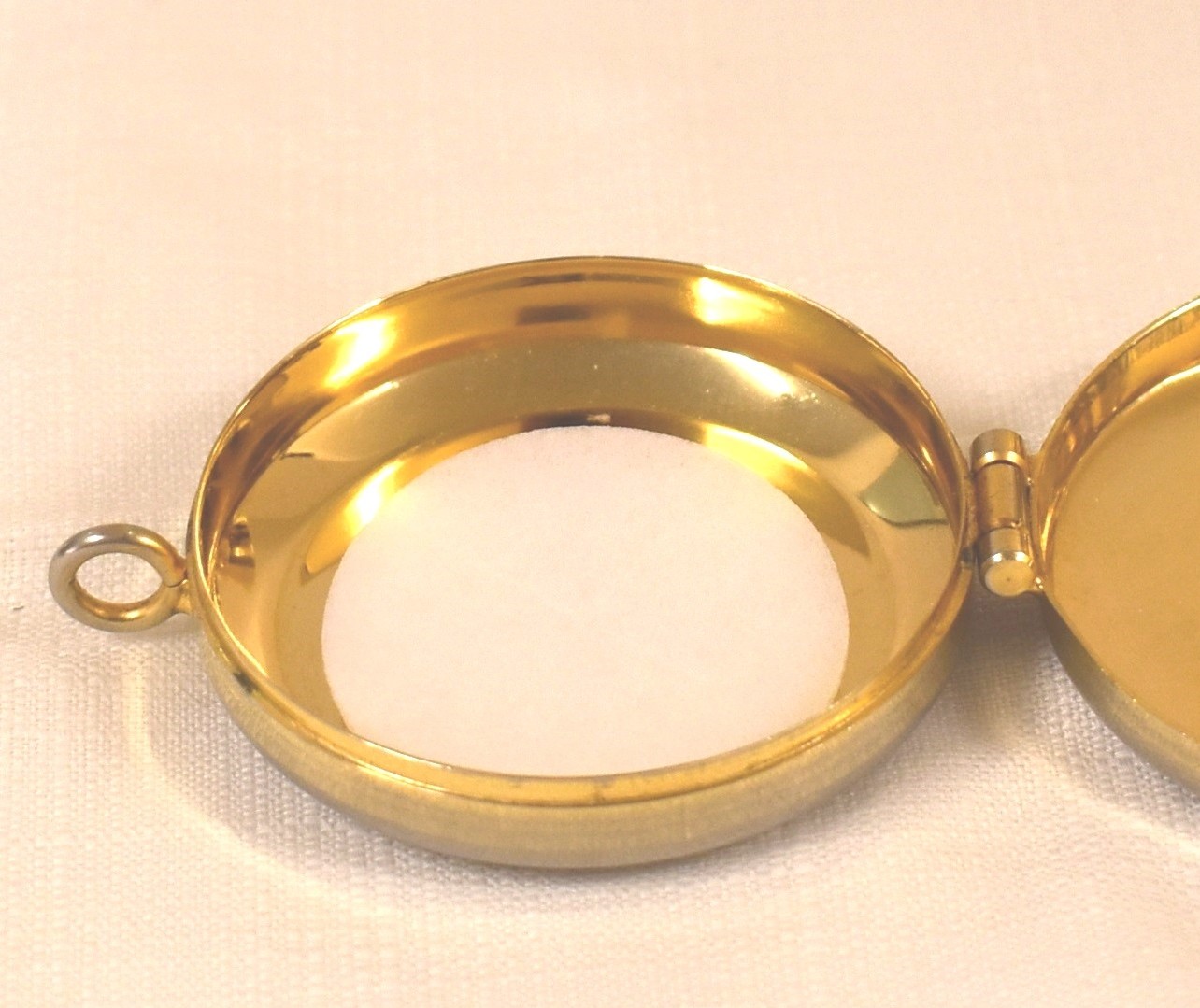
This piece discusses the practice of bringing Holy Communion to the sick, reinforcing their connection to the Eucharistic community.

This article explores Viaticum as the final sacrament for the dying, emphasizing its role in preparing Christians for eternal life.

